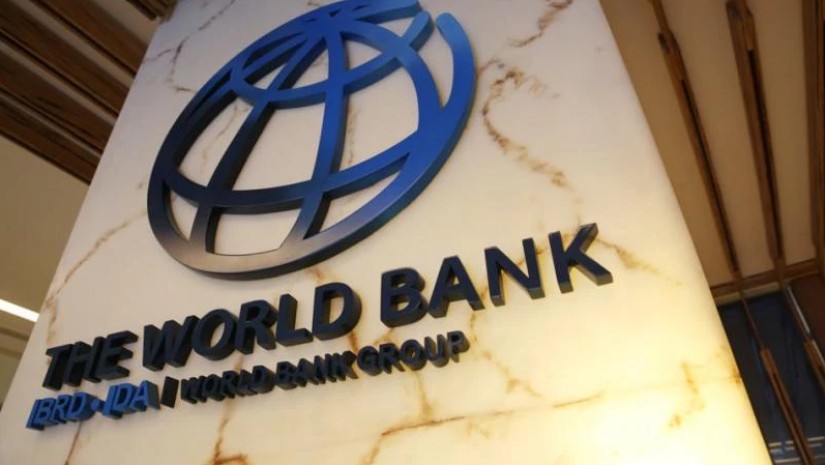The World Bank revised growth forecasts for Georgia upward to 5.9 % in 2023, as consumption and investment remain resilient. According to the insitutation, Armenia and Georgia were the fastest growing economies in Europe and Central Asia.
As of the report, Georgia maintained robust growth momentum in the second quarter of 2023, with output increasing by 7.5 percent year-over-year. have been revised upward to 5.9 % in 2023.
" Exports grew strongly in the South Caucasus, as booming reexports of cars sustained the double-digit growth of exports in Georgia, even as exports of metals shrank, reflecting lower global prices. Money transfer inflows have eased in recent months, while remaining robust.
The countries of the South Caucasus lead the ECA region in the speed of disinflation. A sharp reduction in the prices of food and energy imports, helped by a stronger currency, was the main driver of inflation dynamics in Georgia.
The outlook is subject to various downside risks, including a slowdown in money and remittance flows from Russia, a global growth slowdown, further restrictions on reexports, and longer than expected tightening of financial conditions", - the document reads.
As of the Central Asia and Europe, the WB reprots that Ukraine’s economy is likely to grow by 3.5% this year after a contraction of 29.1% in 2022, the year when Russia invaded the country, thanks to more stable electricity supply, increased government spending, ongoing donor
support, a better harvest, and the rerouting of some exports through the country’s western borders.
Türkiye is set to grow by 4.2% this year, reflecting reduced policy uncertainty and resilient consumer demand. However, growth is likely to slow to an average of 3.5% in 2024 and 2025 as domestic demand cools in the face of rising interest rates and gradual fiscal consolidation. In Russia, surging government spending and resilient consumption are likely to result in growth of 1.6% in 2023, weakening to 1.3% in 2024 and 0.9% in 2025 due to capacity constraints and slowing consumer demand.
In Central Asia, growth is expected to strengthen to 4.8% this year, and is expected to average at 4.7% for 2024
and 2025, assuming that inflation moderates.
By contrast, growth in the Western Balkans is projected to slow to 2.5% this year, with a projected pick up to 3.3% for 2024 and 2025, reflecting moderation of inflation pressures, a gradual recovery of exports, and increasing public spending on donor-backed infrastructure projects. In 2023, consumption remained resilient in Albania, Kosovo and Montenegro, buoyed by the recovery in tourism, but weakened in Bosnia and Herzegovina, North Macedonia, and Serbia due to weaker export demand from the EU.
Stronger trade and larger inflows of money and people have continued to support economic activity in some economies, notably in Central Asia and the South Caucasus. Armenia, Georgia, and Tajikistan remain the top growth performers in the region for the second year in a row.















